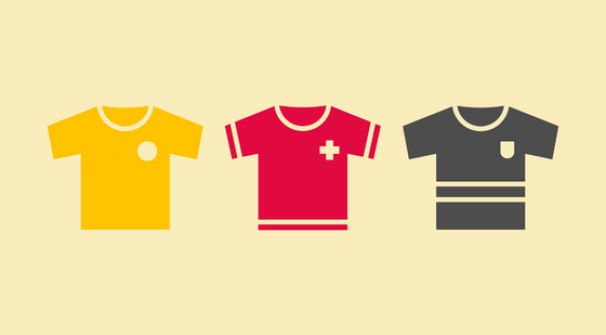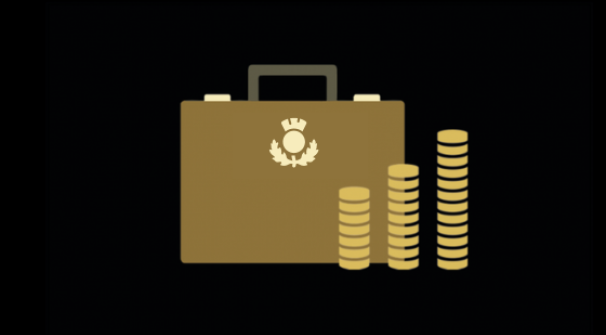When I was at school in the 1970s, the word “slavery” meant the TV series “Roots.” We were all glued to it, open-mouthed at the successive generations of enslaved people who made up writer Alex Haley’s family. Today, in 2018, modern slavery is everywhere, its toxic fingers reaching into every country and community. People are still forced to work against their will by cruel masters.
People like Xin. She was orphaned at 9 and made to work as a servant for her aunt in her home country of China. At 11, she was forced into prostitution. She tried to kill herself at 14 and was put in solitary confinement as a punishment. Aged 19, she was trafficked to the UK. After being forced to work in a brothel, being beaten and abused, she managed to escape. Wearing only thin clothing and shoes and speaking no English, she was rescued by a passer-by and taken to a place of safety.
It took Xin a long time to gain enough confidence in herself to trust those who were helping her. Slowly, she began to regain her sense of self-worth. Now she says: “I am like a baby again in this strange country. I have to start learning everything all over again, but I have to do it quickly because I have already lost so many years.”
It may seem unbelievable, but in 2018, right now, forced labour and sexual exploitation are happening in the UK on a massive scale. Slavery is not only here in our midst, but it’s increasing daily. It’s estimated that around 27 million people are enslaved worldwide and some of them are living in your community.
All this is happening in plain sight, right under our noses. Anti-trafficking activists A21 believe that some of the most common places where enslaved people are forced to work are nail bars, car washes and restaurants. Nearly all of us will have visited one of those at some point in our lives.
A21’s campaign, Can You See Me, aims to help everyday folk like you and me to spot the signs of human trafficking and report them. Every time someone reports something suspicious, there is a chance for an enslaved person to be rescued. Learn more and find out how you can help at: www.a21.org/canyouseeme-uk.
In just the same way, the Clewer Initiative works with church communities to help people detect the signs of modern slavery and provide victim support and care.
So how could you make a difference? Download the Safe Car Wash app here: www.theclewerinitiative.org/safecarwash. As your car is being washed, instead of listening to the radio or clearing out the receipts from your wallet, use the app to take a short survey on the working conditions around you. Does the car wash only accept cash? Did a manager take the cash instead of the person who actually cleaned your car? Are the workers wearing appropriate protective gloves and boots? Can you see evidence of workers living on site? If the answer to any of these questions is “yes”, you can report your suspicions using the app.
Human trafficking is a worldwide problem. It’s easy to feel powerless to help. But the truth is, we can all be generous with our time by focusing outwards and picking up the signs of forced labour and enslavement. We can’t do everything, but we can all do something. To help people like Xin and thousands like her to find hope and freedom again, all we have to do is open our eyes.
Modern slavery is happening right here, right now and it could be happening to someone you saw or spoke to today. Think about it. You could be the difference between bondage or freedom.










